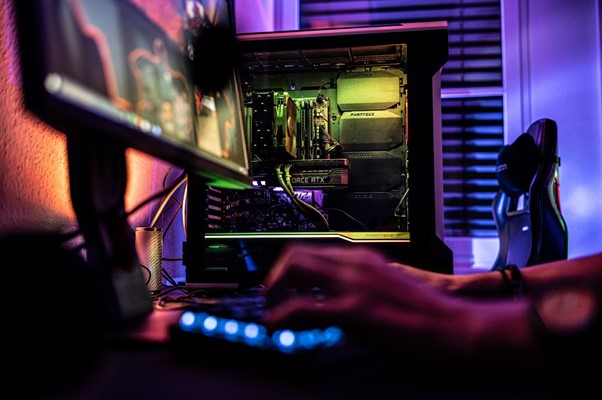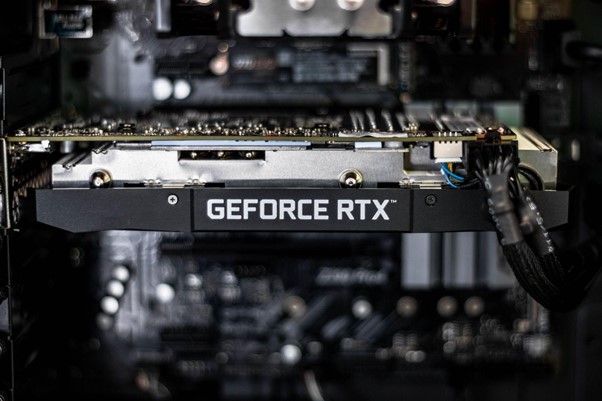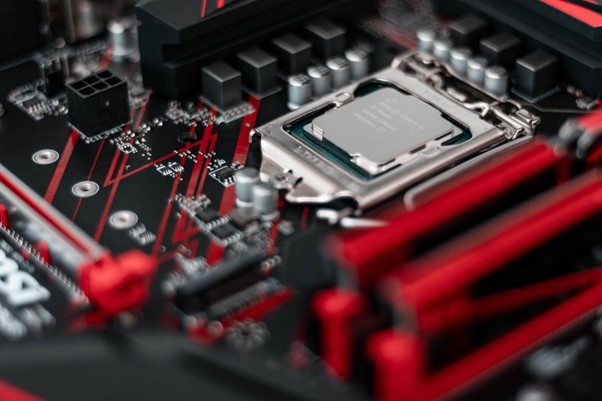Should You Buy or Build Your Gaming PC?
Whether you spend your free time on an online casino or you are someone who wants to take your gaming to the next level, there is a good chance you are considering either buying a gaming PC or building one.
There has been a long-standing debate about which option is better, buying a pre-built PC or spending the time and building your own from scratch; here are the pros and cons of both.
Experience
No matter which option you choose, you will need a certain level of experience and know-how. When buying a gaming PC, it is important to research each feature and spec, so you know what you are buying and if it is suitable for your needs.
Many people unfamiliar with a gaming PC often make one of two mistakes, either buying something that is too old and not powerful enough for the games they want to play or they buy something too powerful. They spend a ton of money on features they won’t use.
On the other hand, building a PC takes far more technical know-how. While there are thousands of tutorials to help you, it is vital that you have a grasp of what you are doing before you go out and buy parts. You wouldn’t buy a set of golf clubs before knowing how to swing one.
Component Compatibility
One issue that always trips up new builders is component compatibility. Not every GPU works with every CPU; every fan doesn’t fit every case. You need to know your component compatibilities.
There is also a lot more that goes into compatibility than just mixing and matching parts made by the same manufacturer. While you can Google compatibilities, if you aren’t sure, it is best to ask experts in the store where you buy your parts.
On the other end of the spectrum, there is no need to worry about compatibility when buying a pre-built PC. Unless you are planning on changing some parts, compatibility will never be an issue.
Customization
Once you get into building and modifying your own PC, you will start to realize just how much you can change and customize things. You are able to add lights, add additional RAM or storage, change your case, and a variety of other things.
While you can customize a prebuilt PC to a certain extent, you are limited by the fact that everything is purpose-built. The case is only big enough to fit what it comes with; you can’t add any more components because there’s no space, etc.

User Error
One of the biggest aspects of building a PC that puts people off is user error. When you are building your PC, especially if you are new to it, it is very easy to miss a mistake, and then even harder to figure out what the mistake is once you realize something doesn’t work or the PC won’t turn on.
There are so many working parts when building a PC that it is not only easy to install a part incorrectly but you could damage it in the process. Water cooling, in particular, is a very tricky process that can flood everything if done wrong. If you aren’t entirely comfortable with doing something correctly, rather seek professional help.
Repairs
A big selling point for buyers is the warranty you get when buying a prebuilt system. While you are able to get warranties and return components, you can’t get the same guarantees on a homemade build.
Once again, if you are an experienced builder, this isn’t an issue as you know what you are doing. However, not having that cushion if you are a new builder is very risky. While it shouldn’t be a deal-breaker, it is something that must be considered.

Price
Finally, price is the thing that is at the front of everyone’s mind when considering buying or building a PC. Deciding which option is more cost-effective is a double-edged sword, as both are expensive and cheap at the same time.
A pre-built PC can be fairly cheap but expensive in the long run if you want to upgrade your system. On the other end, building your own PC is expensive to start but is very cost-effective over the long run as there is little to no chance of having to replace or upgrade components often.
